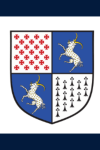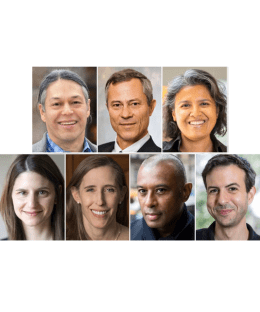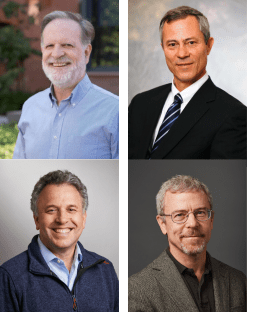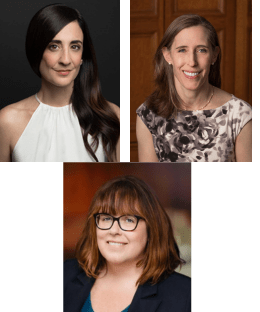Faculty of Arts and Sciences

Exploring tomorrow’s questions today
The Faculty of Arts and Sciences is home to 1000+ faculty and 40 departments and programs that span the divisions of Humanities, Social Science, and Science. Our work transforms the lives of our students and leads to fundamental discoveries that change understandings of the past and shape experiences of the future. Below, you will find news and stories of the impact of the FAS along with resources for FAS faculty and staff.
Explore the FAS
Deepening understanding; expanding horizons
Resources for FAS Faculty and Staff
Information on tenure and promotion, faculty development, searches, and other FAS processes and policies.
Resources for FAS Faculty
- Yale Faculty Handbook (University-wide) Policies and procedures for all Yale faculty
- FAS Scholars as Leaders; Scholars as Learners program (SAL2) FAS faculty development programs
FAS Ladder and Professorial Appointments, Promotions, and Searches
FAS Procedures and Policies
FAS Instructional Faculty Appointments
Connect with the FAS Dean's Office
FAS Announcements for Faculty and Staff
FAS in the News
News about FAS faculty, departments, programs, and more
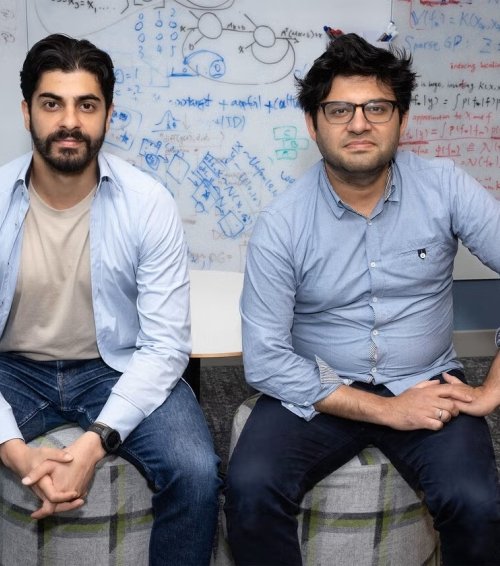
Study offers glimpse into how monkeys — and machines — process images
New visual modeling research revealed a specialized algorithm deep in the primate brain that transforms 2D images into 3D mental models.
Bias against non-Americans spans demographic and political spectrums
A new study co-authored by Yale psychologist Melissa Ferguson finds pervasive anti-foreign biases in the United States predict voting patterns on ballot initiatives that restrict immigrant rights.
Weaving a tapestry of gravitational waves, with quasars as guides
In a Q&A, astrophysicist Chiara Mingarelli explains how black hole mergers and quasars are helping lay the groundwork for detecting a network of gravitational waves.
Alice Kaplan awarded Grand Medal from French Academy
Kaplan, Sterling Professor of French, was recognized for her "eminent contribution to the maintenance and illustration of the French language."
Welcoming new FAS faculty
We are thrilled to welcome new faculty members who are joining the FAS during the 2024-25 academic year. Their expertise and approaches span the academic disciplines.
Celebrating FAS faculty leadership
New Yale faculty members, in their own words
In a video, new faculty members discuss their scholarship, their passion for teaching, and why they decided to come to Yale.
Help the FAS Advance
The FAS collaborates across disciplines, pursuing breakthroughs that improve the world today and for future generations. You can help this work advance by taking part in the Yale Campaign.





